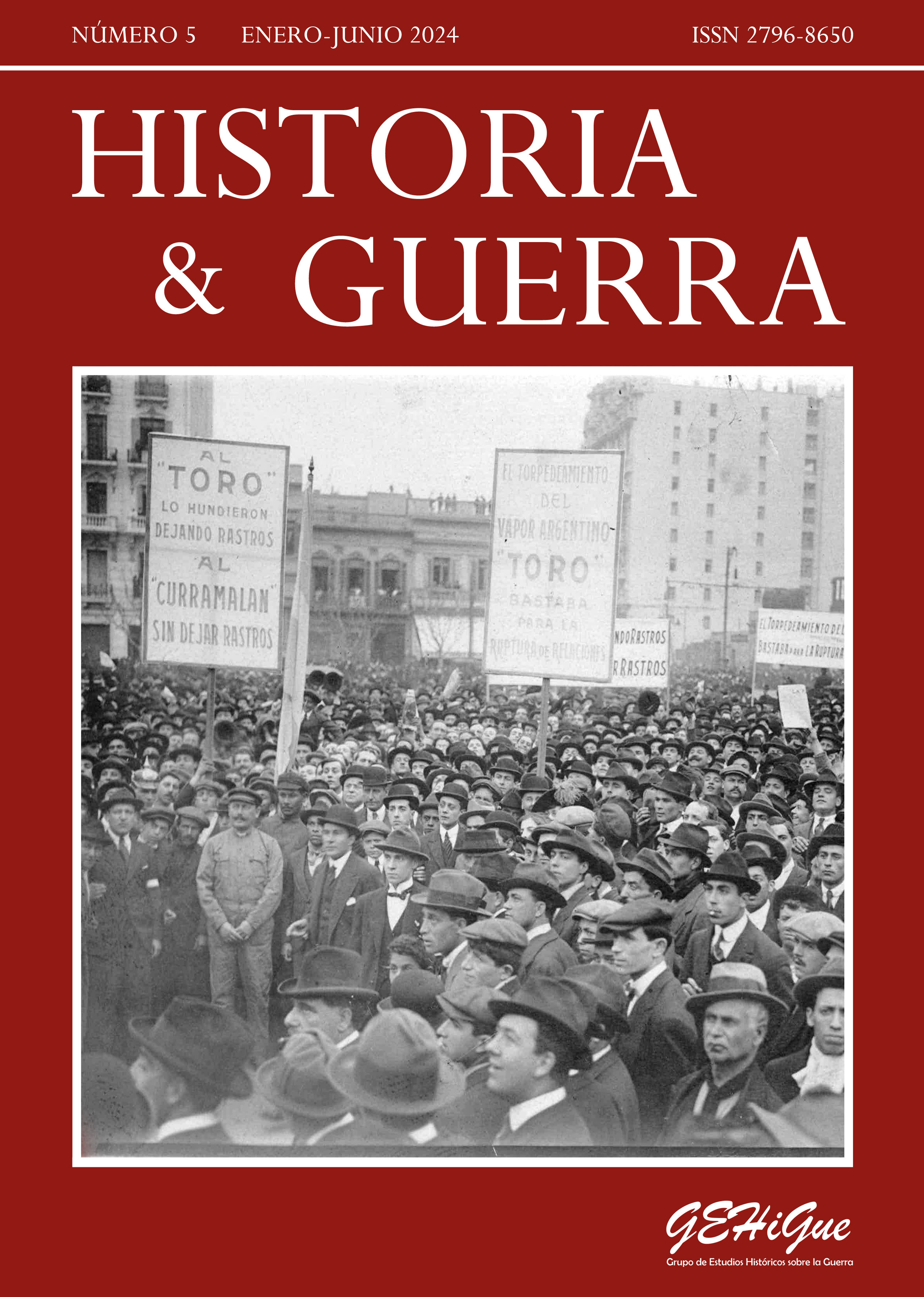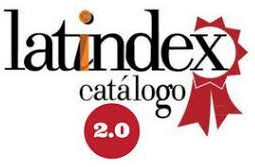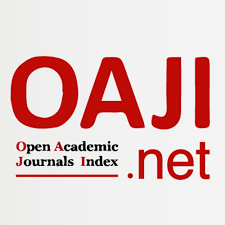German-Argentine Relations during the Great War, 1914-1918
Abstract
Germany and Argentina went through a critical phase in their relations during the First World War. While German economic interests in Argentina had steadily increased before the war, August 1914 marked a break. However, the relationship between the two countries would remain special until 1918 due to Argentina’s neutrality. How did political, economic and cultural relations evolve during the war years? Which actors were important? Why did Argentina remain neutral while many other American countries went to war against the German Reich?Downloads
References
Albert, B. (1988). South America and the First World War. Cambridge University Press.
Bagú, S. (1961). Argentina en el mundo. Fondo de Cultura Económica.
Becú, C. (1915). El A.B.C. y su concepto político y jurídico. Librería “La Facultad” de J. Roldán.
Compagnon, O. (2013). L’adieu à l’Europe: L’Amérique latine et la Grande Guerre (Argentine et Brésil, 1914-1939). L’Harmattan.
Dehne, Ph. (2009). On the Far Western Front: Britain’s First World War in South America. Manchester University Press.
Dehne, Ph. (2014). How important was Latin America to the First World War? Iberoamericana, 14(53), 151-164.
Del Valle Iberlucea, E. (1917). La cuestión internacional y el Partido Socialista. Buenos Aires.
Devoto, Fernando J. (2006). Historia de los italianos en la Argentina. Biblos.
Díaz Araujo, E. (1987). Apuntes de historia argentina contemporánea: Yrigoyen y la guerra. Universidad Nacional de Cuyo, Facultad de Filosofía y Letras.
Goñi Demarchi, C., Scala, J. y Berraondo, G. (1998). Yrigoyen y la Gran Guerra. Ed. Ciudad Argentina.
Gravil, R. (1985). The Anglo-Argentine Connection, 1900-1939. University of Colorado Press.
Kinkelin, E. (1921). Mis correspondencias a La Nación durante la guerra europea. Kraft.
Newton, R. (1977). German Buenos Aires, 1900-1933: Social Change and Cultural Crisis. University of Texas Press.
Otero, H. (2009). La guerra en la sangre: los franco-argentinos ante la Primera Guerra Mundial. Sudamericana.
Quesada, E. (1914). La actual civilización germánica y la presente guerra. Suiza.
Ramos, J. (1914/15). Alemania ante la guerra. Revista Argentina de Ciencias Políticas, (9), 427-444.
Rinke, S. (1996). “Der letzte freie Kontinent”: Deutsche Lateinamerikapolitik im Zeichen transnationaler Beziehungen, 1918–1933. Heinz.
Rinke, S. (2019). América Latina y la primera Guerra Mundial: una historia global. Fondo de Cultura Económica.
Rinke, S. (2021). World War I in Latin America en B. Vinson (ed.), Oxford Bibliographies: Latin American Studies. Oxford University Press. https://doi.org/k6d8.
Rojas, R. (1924). La guerra de las naciones. Librería “La Facultad”.
Russ, C. (2019). A los Americanos: Deutsche Propaganda in Lateinamerika während des Ersten Weltkriegs (1914-1918). Heinz.
Siepe, R. (1992). Yrigoyen, la Primera Guerra Mundial y las relaciones económicas. Centro Ed. de América Latina.
Solveira de Báez, B. (ed.). (1979 y 1994). Argentina y la Primera Guerra Mundial según documentos del Archivo del Ministerio de Relaciones Exteriores y Culto (2 tomos). Córdoba.
Storni, J. (1917). Mi opinión sobre la neutralidad. Corrientes.
Strachan, H. (2001). The First World War (tomo 1: To Arms). Oxford University Press.
Tato, M. I. (2008). La disputa por la argentinidad: rupturistas y neutralistas durante la Primera Guerra Mundial. Temas de historia argentina y americana, (13), 227-250.
Tato, M. I. (2009). Nacionalismo e internacionalismo en la Argentina durante la Gran Guerra. Projecto Historia, (36), 49-62.
Tato, M. I. (2011). El llamado de la patria: británicos e italianos residentes en la Argentina frente a la Primera Guerra Mundial. Estudios Migratorios Latinoamericanos, (25), 273-292.
Tato, M. I. (2014). La Gran Guerra en la historiografía argentina: balance y perspectivas de investigación. Iberoamericana 14(53), 91-101.
Tato, M. I. (2017). La trinchera austral: la sociedad argentina ante la Primera Guerra Mundial. Prohistoria Ediciones.
Uriburu, J. (1915). La guerra actual: apuntes y enseñanzas. Buenos Aires.
Vergara Biedma, E. (1917). Guerra de mentiras: el discurso de Wilson y el peligro yanqui. Buenos Aires.
Weinmann, R. (1994). Argentina en la Primera Guerra Mundial: neutralidad, transición política y continuismo económico. Biblos.
Copyright (c) 2024 Stefan Rinke

This work is licensed under a Creative Commons Attribution-NonCommercial 4.0 International License.

Historia & Guerra uses an international license Attribution-NonCommercial 4.0 International (CC BY-NC 4.0).
You are free to:
- Share — copy and redistribute the material in any medium or format.
- Adapt — remix, transform, and build upon the material.
- The licensor cannot revoke these freedoms as long as you follow the license terms..
Under the following terms:
Attribution — You must give appropriate credit, provide a link to the license, and indicate if changes were made. You may do so in any reasonable manner, but not in any way that suggests the licensor endorses you or your use.
NonCommercial — You may not use the material for commercial purposes.
No additional restrictions — You may not apply legal terms or technological measures that legally restrict others from doing anything the license permits.
Notices:
You do not have to comply with the license for elements of the material in the public domain or where your use is permitted by an applicable exception or limitation.
No warranties are given. The license may not give you all of the permissions necessary for your intended use. For example, other rights such as publicity, privacy, or moral rights may limit how you use the material.
The author retains all rights to his work without restriction and grants Historia & Guerra the right to be the first publication of the work. Likewise, the author may establish additional agreements for the non-exclusive distribution of the version of the work published in the Journal (for example, placing it in an institutional repository or publishing it in a book), with the acknowledgment of having been first published in this journal. Use of the work for commercial purposes is not permitted.














.jpg)















